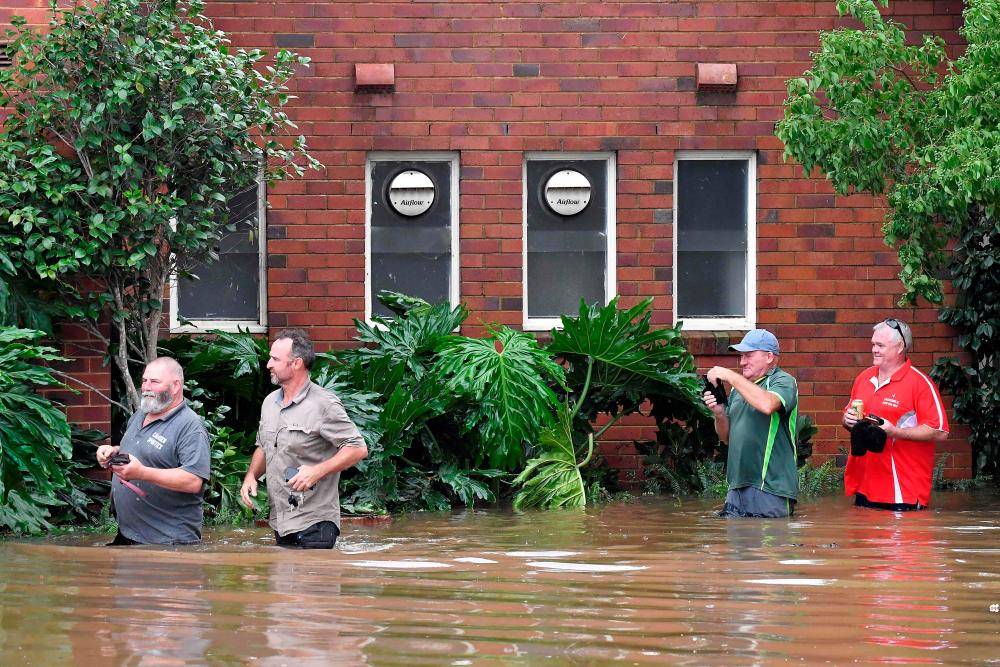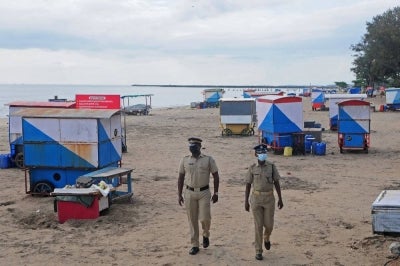Australian state uses AI to predict flood risks
AI could then be used to predict risks to infrastructure and communities.

SYDNEY - Australia's southeastern state New South Wales (NSW) said Tuesday that it is testing technology that harnesses artificial intelligence (AI) and the mobile phone network to predict the possible impacts of flooding.
The NSW State Emergency Service has partnered with researchers from the University of Technology Sydney and TPG Telecom in the nation-leading trial that could help protect communities during severe weather events, the NSW government said in a media release.
They develop and test network-sensing technology that extracts localized weather information including rainfall, water levels and river flows using signals transmitted on the communications network.
Real-time weather information is combined with historical Bureau of Meteorology data and flood information, with a 4D visualisation made possible through the NSW Spatial Digital Twin (SDT) to demonstrate changes to the landscape and built environment, the media release said.
The SDT allows for large amounts of data to be visualized in 3D and 4D models and to understand and analyse the data through detailed analytics.
AI could then be used to predict risks to infrastructure and communities, paving the way for the state's emergency service to potentially use the data for the rapid dissemination of information to affected communities through targeted alerts.
While still in development, the technology could be transformational for emergency services, the NSW government said.
"As we face increasingly severe weather influenced by climate change, we are supporting the NSW State Emergency Service with technology that could help communities access important storm and flood information quicker," the state's Minister for Customer Service and Digital Government Jihad Dib was quoted as saying. - AFP
Download Sinar Daily application.Click Here!














